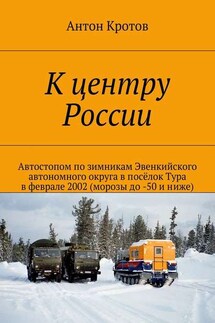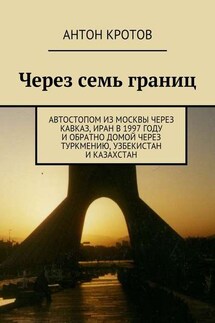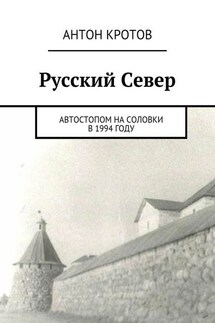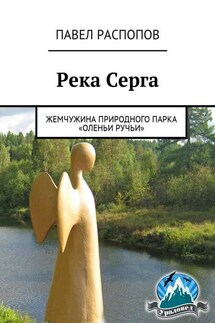The morning began like any other workday: I woke up at 5:30 a.m., took a shower, got ready for work, and left home at 6 a.m.
As I boarded the subway train, I turned on my VPN and opened Instagram, scrolling through my friends' stories. I stumbled upon a photo from a television screen with the caption, "Address by the President of the Russian Federation." It piqued my curiosity, so I decided to go online and listen to what was being said. I had no thoughts or assumptions about the content of the address. Perhaps it was because I tried to emotionally shield myself from this war-related situation, as it had a significant impact on my work and psychological state.
After listening to the President's address, I was in a mild state of shock. Chaos ensued in my mind and soul. Feelings of fear, hopelessness, and duty intertwined into an emotional knot that hindered clear thinking. After a couple of minutes, I gathered myself and engaged in an inner dialogue about the decision I should ultimately make if the so-called "partial mobilization" affected me.
During the remaining half-hour of my commute, I failed to reach any agreement with my inner voice. Upon arriving at work, almost everyone was discussing the topic, and I, of course, took part in those conversations, which triggered my self-preservation instinct, raising alarm.
One of my colleagues and I couldn't stop talking about the situation. The fear and panic in his eyes surpassed mine, which led me to think that I didn't fully grasp the seriousness of the situation. Airfare prices to any destination were skyrocketing exponentially, and the more I interacted with him, the more I started to panic.
An hour later, my colleague decided to flee the country while there was still a chance, using any suitable means. I stayed at work, and the more I thought about this situation, the more I considered following my colleague's example.
I called Egor, a friend and also my neighbor. He was in the same internal panic as myself. Egor and I agreed to discuss this matter at home after work and decide what to do. I couldn't focus on work today, as my thoughts consumed my mind. They didn't let me go home earlier either, as there was already a shortage of people for the shift.
From seven in the morning until four in the afternoon, my productivity reached a solid zero point zero tenths of a percent. The management, seeing that this situation was occupying my mind for a long period, gave permission for me to go home and consider the pros and cons in a calm environment.
On my way home, I made a resolute decision to flee the country, as I concluded that I didn't want to go to a place engulfed in fratricidal war. I believe that, no matter the disagreements, everything can always be resolved peacefully.
Once we arrived home, Egor and I began discussing the situation and our subsequent actions with a clear head. We reached a mutual agreement that we needed to leave, and where to go was not as important anymore.
Firstly, I started packing my belongings, having a rough idea of what might be useful in the near future. Secondly, we began searching for options on how to leave the country.
Closer to seven in the evening, information appeared on the internet stating that only citizens who met three criteria were subject to partial mobilization:
Military service completion and possession of military specialization.
Health category A.
Participation in combat operations.
Upon seeing this information, Egor and I breathed a sigh of relief, as neither he nor I had participated in combat operations, and it should not affect us at this stage of our lives.
After ten in the evening, I messaged and then had a phone call with an acquaintance whose father works at the military draft office. He confirmed the earlier information and assured us that we shouldn't worry at the moment. I exhaled and calmed down. I informed my workplace that I wasn't leaving and would be back to work tomorrow.
I unpacked some of my things and started attending to household chores, preparing for sleep.







